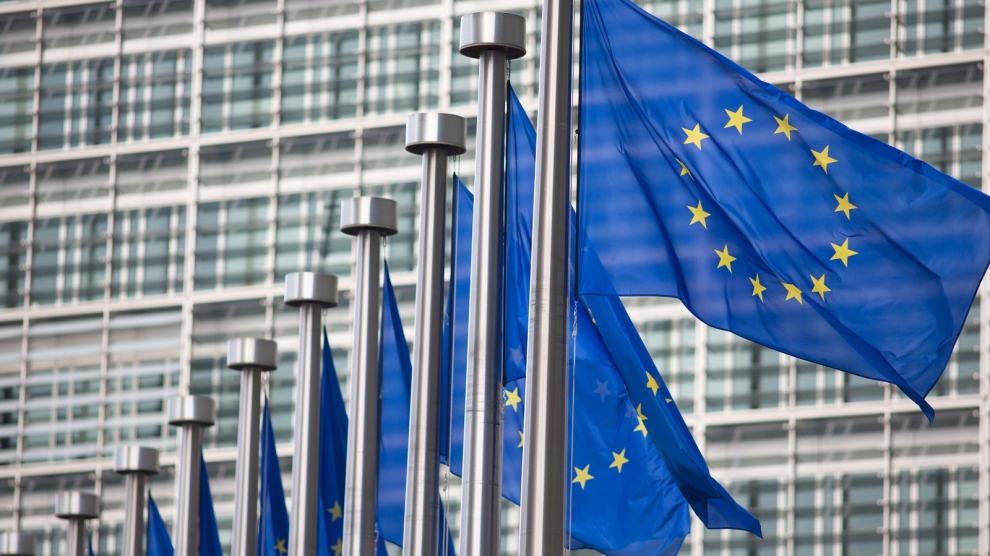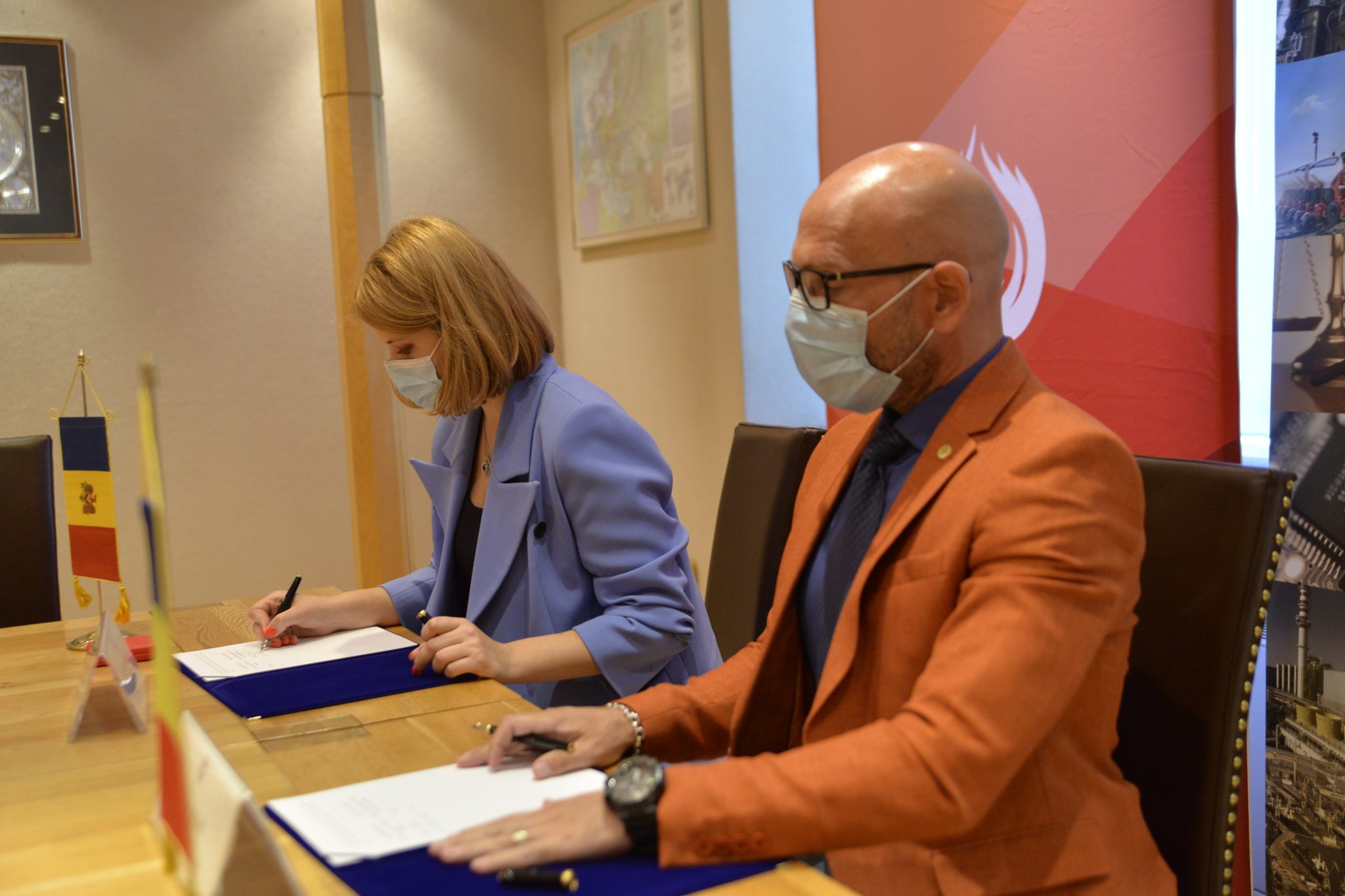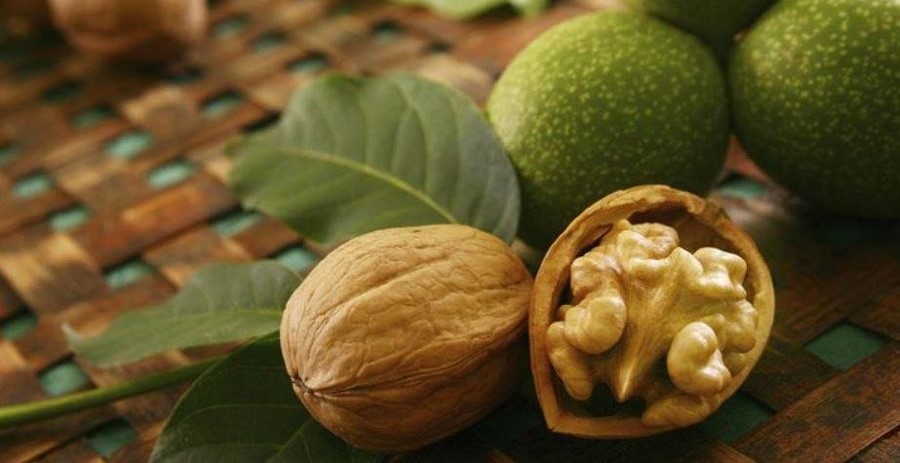Economy
Turkey seeks cheap energy and peaceful nuclear technology to sustain economic growth
Reading Time: 4 minutesEnergy policy continues to dominate Turkey’s political agenda, as the Turkish Energy Minister, Taner Yildiz, has outlined various projects to address the country’s energy needs.
Energy policy continues to dominate Turkey’s political agenda, as the Turkish Energy Minister, Taner Yildiz, has outlined various projects to address the country’s energy needs. Yildiz found the performance of the Turkish energy sector in 2010 satisfactory, in many respects; the increasing energy generating capacity; growing role of the private sector in electricity generation and distribution, hence the emergence of a more competitive market; improvement in the efficient use of electricity; and the developments regarding Turkey’s integration into the European electricity distribution grid (Anadolu Ajansi, January 7). In addition to tackling the domestic energy market, Yildiz, who was one of the most active members of the cabinet, seems determined to maintain his dynamic energy diplomacy this year, as he also traveled to Iran.
One dimension of this energy policy concerns the legacy of the global financial crisis. The crisis hit the Turkish economy badly, leading to a substantial decline in industrial production in 2008 and 2009. One legacy of the crisis was, thus, the penalties Turkey had to incur due to “buy-or-pay” conditions in natural gas contracts with Russia, Iran and Azerbaijan. Turkey has sought to revise the conditions of these contracts, so that it might ease their terms and possibly reduce prices: thus far, it has achieved only limited success. Yildiz said that Turkey will make payments to Russia and to a lesser extent Azerbaijan. Yildiz’s trip to Tehran, though seeking to develop overall energy relations, was largely focused on improving the conditions of Turkey’s natural gas imports from Iran. Following Yildiz’s trip, the two sides decided to form technical committees to further discuss this issue (www.enerji.gov.tr, January 8).
Turkey’s quest for cheap energy continues, especially against the background of its recent economic growth. The country’s financial system weathered the global crisis and in 2010 Turkey’s domestic consumption and growing exports helped revitalize the production sector. Notwithstanding the criticisms of its economic policy, the Turkish government has prided itself on its recent economic success and attributed this to the government’s wise management of the economy. Though the rapid economic recovery in 2010 lends partial support to the government’s arguments, it also prompted the resurfacing of a related challenge: the need for cheap energy resources to sustain economic growth. Since Turkey heavily relies on imported fossil fuels, the improvement in Turkey’s industrial production has resulted in hikes in imports, widening the foreign trade deficit. Ankara, thus, increasingly feels the pressure to diversify its energy supplies to counteract this vulnerability.
Despite this import-dependent economic growth pattern, Turkish leaders are keen to boost economic development in the future, which is closely related to the new foreign policy vision. In order to complement the country’s rising political influence in regional and international affairs, the government wants Turkey to become one of the top tier economies worldwide. The government usually refers to the year 2023, the centennial of the Turkish Republic, as a benchmark. Prime Minister, Recep Tayyip Erdogan, announced recently that in the upcoming parliamentary elections this summer, his party will run on a platform that will aim to make Turkey the tenth largest economy in the world (Star, January 1; Anadolu Ajansi, January 8). Foreign Minister, Ahmet Davutoglu has been advancing a similar argument for some time (Zaman, November 30, 2009). Recently, Davutoglu reiterated the same headline goal, yet also pointed to the need for addressing energy supply security.
It is in this context that Turkish leaders make frequent references to their determination to realize ongoing energy projects, especially the construction of nuclear power plants. Davutoglu, thus, acknowledged openly Turkey’s determination to use nuclear power, in his evaluation of the future of Turkish foreign policy (EDM, January 6): “We do not accept limitation of countries’ quest for nuclear technology, just because they might try to develop nuclear weapons. Because, the Turkish economy is growing, we aim at our GDP reaching $2.5 billion, so that we reach the list of top ten economies. Since we have neither natural gas nor oil, we are left with two options: renewable and nuclear energy. There are limits to renewables. Nuclear power is the cheapest, if you have the necessary technology” (Anadolu Ajansi, December 26, 2010).
In his assessment of Turkey’s energy sector in 2010 and the future prospects, Yildiz also emphasized nuclear energy. Interestingly, Yildiz referred to French interest in the Turkish energy sector. Specifically, Yildiz said that his ministry had recently reviewed an offer from France for the construction of a nuclear power plant and that talks with French authorities were underway. Though he did not comment on the details of the project, Yildiz said that leading French energy companies, Ariva, GDF and EDF, had expressed interest in the project. Yildiz noted that the energy ministry set up three teams to handle the talks with Russia, Japan and France (Today’s Zaman, Hurriyet Daily News, January 8).
This statement indicates that Turkey is slowly abandoning its earlier position on energy cooperation with France. To protest against the French position on the Turkish-Armenian dispute regarding the alleged genocide claims and objections by Paris to Turkey’s EU membership aspiration, Ankara had sought to exclude France from its energy sector. Turkey has recently sent signals that it might revise this policy (EDM, March 16, 2010). Moreover, Yildiz’s remarks provide further evidence that the government is willing to explore all avenues to pursue nuclear technology. After concluding a deal with Russia for the construction of the first nuclear plant, Turkey engaged in talks with South Korea. Even before the negotiations with South Korea came to an inconclusive end, Turkey started talks with Japan (EDM, November 30, 2010), and according to Yildiz currently the discussions with Tokyo are proceeding positively. By adding France to the list of its potential partners, Turkey is signaling that it approaches this matter pragmatically and is ready to pit the bidders against each other when necessary.
It remains to be seen if the government’s target of making Turkey the tenth largest economy is realistic. In any case, several projections show that emerging countries like China, Brazil and Turkey are likely to grow faster than many industrialized nations and overtake some G7 countries in the coming decades. Thus, Turkey’s demand for cheap and reliable energy and its quest for peaceful nuclear technology will remain as a major factor shaping its foreign and domestic policies.
Economy
Moldova will receive a disbursement of 36 million euros as part of the the Economic Recovery Plan

This week, the European Commission approved the disbursement of 36 million euros in grant money for the Republic of Moldova. The announcement was made by Deputy Director-General for Neighbourhood Policy and Enlargement Negotiations at the European Commission, Katarina Mathernova, who paid an official visit to the Republic of Moldova between September 13-15, together with Managing Director for Russia, Eastern Partnership, Central Asia, Regional cooperation and OSCE, at the European External Action Service, Michael Siebert.
The EU officials had meetings with President Maia Sandu, Minister of Foreign Affairs and European Integration, Nicu Popescu, Speaker of Parliament, Igor Grosu, Prime Minister of the country, Natalia Gavrilita, as well as key representatives of Government, international financial institutions and the civil society, according to a press release issued by the Delegation of the European Union to the Republic of Moldova.
Beside such topics as the EU-Moldova relations and prospects, the priorities of the reform agenda of the new Moldovan Government, preparations for the Eastern Partnership Summit at the end of the year and the Transnistrian conflict settlement, the officials also discussed the EU assistance in support of reforms and the Economic Recovery Plan for Moldova, which was announced in June with a total EU support of 600 million euros over the next 3 years.
“The first measures under the Economic Recovery Plan will shortly materialize, with the expected disbursement of 36 million euros in grant money under budget support programmes to support the authorities’ efforts to fight against the consequences of the pandemic. Moldova can count on EU’s assistance on its path to reforms and to recovery, bringing tangible results to citizens,” Katarina Mathernova stated.
The plan is based on assistance provided by the European Union through various bilateral and regional instruments, aiming to mobilize the funds in the form of grants, loans, guarantees and macro-financial assistance.
“The Economic Recovery Plan for the Republic of Moldova involves much more, not just this financial support provided immediately. It must help digital transformation, strengthen infrastructure, energy efficiency, education and support small and medium-sized enterprises,” the EU official also said.
As Prime Minister Natalia Gavrilita informed, “The Economic Recovery Plan and the 5 flagship initiatives for Moldova in the Eastern Partnership will directly contribute to the reform and consolidation of institutions, stimulate long-term socio-economic development, bring direct benefits to citizens, and unleash new economic opportunities through promoting the green agenda and digitization. Small and medium-sized enterprises (SMEs) have been hit hard by the crisis. Promoting and diversifying access to finance and reducing collateral requirements will be essential in supporting economic operators. We are grateful to the EU partners who will launch two programs to support 50 000 independent Moldovan SMEs to adapt to the new conditions.”
President of the Republic of Moldova, Maia Sandu, welcomed the decision of the European Union to disburse about 745 million lei in grant money, as the official page of the President’s Office announced. “EU support comes after a long period of freezing of European assistance, caused by former governments. We managed to relaunch the political dialogue with the European Union and resume financial assistance. The Republic of Moldova is gradually regaining the trust of its strategic partners. This European support is also a signal of encouragement for the new Government team in its commitment to clean up the institutions, fight corruption and launch development programs in the country,” said Maia Sandu.
Photo: unknown
Economy
Romania and Moldova signed a partnership memorandum pledging to cooperate in promoting their wines

The Chamber of Commerce and Industry of Romania (CCIR) and the National Office for Vine and Wine (NOVW) of the Republic of Moldova signed, last week, a memorandum of cooperation on organizing joint promotional activities in the markets of common interest, as the CCIR announced.
China, Japan or the USA are just some of the markets targeted by the Romanian and Moldovan institutions. The memorandum also involves advertising activities for wines from common indigenous varieties, promoting the oeno-tourist region, developing a tourist route in the two states, exchange of experience, study visits, and mutual support in identifying new export opportunities. “We are very confident that this collaboration between our organizations will lead to sustainable economic growth and a higher degree of well-being among Moldovans and Romanians,” claimed Deputy Secretary-General of CCIR, Bogdan Visan.
On the other hand, Director of the NOVW, Cristina Frolov, declared that no open competition with Romania is aimed at the governmental level of the Republic of Moldova. “This request for collaboration is a consequence of the partnership principle. Romania imports 10-12% of the wine it consumes, and we want to take more from this import quota. Every year, the Romanian market grows by approximately 2.8%, as it happened in 2020, and we are interested in taking a maximum share of this percentage of imported wines without entering into direct competition with the Romanian producer,” the Moldovan official said. She also mentioned that Moldova aims at increasing the market share of wine production by at least 50% compared to 2020, and the number of producers present on the Romanian market – by at least 40%.

Source: ccir.ro
**
According to the data of the Romanian National Trade Register Office, the total value of Romania-Moldova trade was 1.7 billion euros at the end of last year and over 805 million euros at the end of May 2021. In July 2021, there were 6 522 companies from the Republic of Moldova in Romania, with a total capital value of 45.9 million euros.
The data of Moldova’s National Office of Vine and Wine showed that, in the first 7 months of 2021, the total quantity of bottled wine was about 27 million litres (registering an increase of 10% as compared to the same period last year), with a value of more than one billion lei, which is 32% more than the same period last year. Moldovan wines were awarded 956 medals at 32 international competitions in 2020.
Photo: ccir.ro
Economy
Moldova’s hope to be a top walnut exporter and its main difficulties

The Republic of Moldova has perfect weather conditions for growing walnut trees, that creating a great potential of walnut production and trade, especially on international markets, where the demand is way higher than the product’s supply. National and international experts believe that the country’s walnut production industry is on the verge of important transformations, which could lead to increased yields, quality and competitiveness worldwide.
According to authorities, Moldova exports 34-35 thousand tons of walnuts in shell, which is about 7% of the total export of fruit and 5% of the total export of horticultural products. The export value is assessed as being $120 million, that being 57-60% of the total fruit export value and about 50% of horticultural export value. Most of walnut crops are exported to the EU countries, such as France, Germany, the Netherlands, Romania and Austria. The country’s exports were among the world’s top 10 when it comes to the highest dollar value of the product during 2020.
Viorel Gherciu, Minister of Agriculture and Food Industry, pointed out that the production in the domestic walnut industry has increased by 55% in the last five years, which ranks Moldova among the main producers in the world.
“The biggest opportunity for this industry is that we are in the geographical proximity of the largest walnut import area in the world, which is the European Union, with almost 40% of total imports in the world. We are on the EU border, with privileged relations, with an Association Agreement. We already enjoy a good relationship in working with European importers, they trust our processors. A very close collaboration has been created and this is, in fact, the guarantee for those who invest in the area,” claimed the president of the Walnut Producers Association, Oleg Tirsina.
The data provided by the National Bureau of Statistics show that there are 34.7 thousand hectares of walnut plantations in the country. 20.90 hectares are represented by orchards. 75% of planted orchards are formed of old varieties trees. 30-35% of the exported production comes from orchards, the rest comes from individual farmers and plantations along the roads. This means that the quality of walnut production is not at its maximum potential. Developing commercial plantations through orchards modernization and extension of walnut varieties would provide double yield and better quality, experts say.
Governmental support in the form of subsidizing solutions, foreign investments and credit options are indispensable for the industry development. One of the financing options is the credit line of the European Investment Bank Project. Since 2016, 15 producers and processors of nuts, almonds and hazelnuts have benefited from these loans with the total amount of investments worth 8.7 million euros. A further extension of the project would provide another 60 million euros for the modernization of the horticultural sector in general and for harvesting organic walnuts in particular.
Photo: heymoldova.com





















